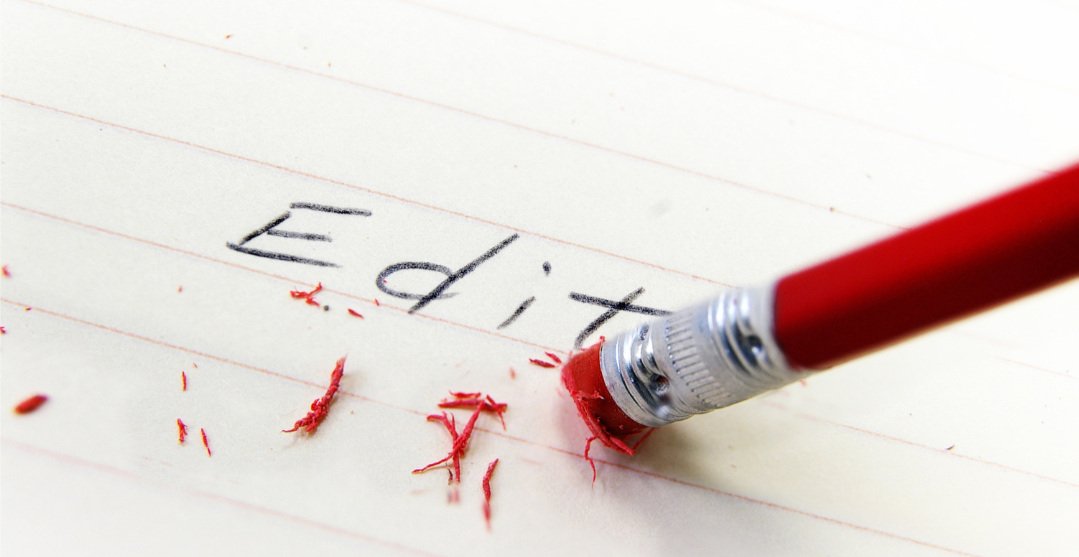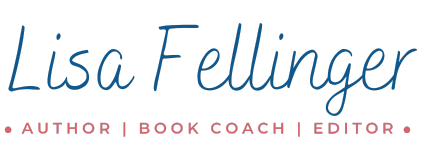
Welcome to the Blog

What Planners Can Learn From Pantsers
If you’ve been in the writing world for even a short amount of time, you’ve likely come across the great debate: planners versus pantsers. If you’re not sure what a planner or pantser is, essentially a planner is a writer who thoroughly plans and outlines their novel before they begin writing, while a pantser is a writer who writes “by the seat of their pants,” choosing to forego an outline and instead jumping right into the drafting stage.

You Are a Real Writer: Overcoming Imposter Syndrome & Owning Your Creativity
Almost every writer has been there at some point: sitting in front of your work in progress, telling yourself everything you write is absolute garbage and wondering just how long it’s going to take everyone else to see what you so clearly do—that you’re not a real writer.
Imposter syndrome is the feeling that an individual is a fraud—that they’re pretending to be something they’re really not—coupled with an overwhelming worry that others will recognize that they’re incompetent and call them out for being frauds. When imposter syndrome has its grip on you, it can paralyze you and leave you unable to make progress with your writing.

Why I’ll Continue Supporting the NaNoWriMo Challenge
With November just around the corner, it’s natural that I’ve been thinking a lot about NaNoWriMo lately and, given the continued controversies that keep piling up against the organization, what my thoughts about potentially participating again are.

5 Steps to Succeed as an Indie Author
I recently spoke with my local library about being a speaker for their Indie Author Day event coming up in November, and it got me thinking about last year’s event. While I was excited for this event, two of the three speakers last year were traditionally published authors, and while I’m an advocate for both traditional and indie publishing, it was disappointing that these authors weren’t able to answer many of the questions those in the audience had about becoming an indie author. One of the big questions asked was “how can an indie author be successful?”

There’s No Wrong Way To Be A Writer
I recently wrote a post for Jane Friedman’s blog about adding meaningful words to lean manuscripts, and in that post, I shared that I struggled early on with the fact that I wrote lean when most of the advice I came across for revisions involved cutting words, not adding them. I became self-conscious of my short drafts and worried I was doing this whole writing thing wrong. After all, if I were a real writer, wouldn’t I have too many words to share, not too few?

How to Dig Deep to Show Your Character’s Thoughts & Emotions
One of the reasons I love reading fiction is the opportunity to jump into someone else’s point of view and experience their reactions to story events right along with them. I strongly believe this is what causes so many readers to lament that “the book was better than the movie” in most cases. Readers crave that connection with your characters—particularly your main character—so, as writers, it’s in our best interests to utilize these opportunities to do so to our advantage. One of the comments I regularly write as a developmental editor is encouraging the writer to “dig deep” and “show us your character’s thoughts and emotions here.”

How to Find the Right Developmental Editor for Your Novel
While many writers recognize that working with a developmental editor can help strengthen their story and bring it to the next level, I often see posts in writing groups from writers who aren’t sure where to find one or how to determine if they’re the right fit for them and their project. The truth is, finding a developmental editor who is a good match for you takes some effort, but it’s worth it to ensure you’re working with someone who is professional, understands your genre, and will leave you feeling excited about revising your novel rather than defeated.

Self-Editing Tips for Fiction Writers
While I’m a huge proponent of working with a developmental editor, I also strongly believe the best way to make the most of that investment is to get your manuscript in the best shape you’re able to on your own before handing it off to an editor. This is important because if your editor needs to spend time addressing issues that you could have fixed on your own, that’s time away from deeper aspects of the manuscript that you may not have seen or may not have known how to address.

3 Reasons You Want to Work with a Book Coach
I see a lot of posts in online writing groups asking about book coaches and wondering if they might benefit from working with one, and inevitably several other writers chime in to say that they don’t need to work with a book coach and doing so is a waste of resources. And while it’s absolutely true that no writer needs a book coach, it’s also true that working with one can be beneficial and helpful.

The Different Types of Editing
The term “editing” refers to a lot of different processes in writing, so it can understandably be confusing when writers hear that they need to hire an “editor.” Having a solid understanding of the different types of editing (and at what point in the process you’re most likely to need each type) can help you communicate your needs to professional editors and also help you research and vet an editor you may want to work with.

5 Steps to Start Writing a Novel
Writing a book is a dream for many, a goal on their bucket list that, sadly, too many people never accomplish. It can feel like an overwhelming project, and many people don’t even try because they simply don’t know where or how to begin. So, here I’ve broken down 5 steps you can take to create a writing life and start working towards achieving your dream of writing a book.

If Not Now, When?
I hear from a lot of people who dream of someday writing a book that “now just isn’t the right time.” Work is demanding, their kids are young, their parents need to be cared for, their husband just had surgery…the lists go on and on. And I get it, some seasons of our lives are busier and more chaotic than others. But the problem with putting off chasing after your dreams until the timing feels right is that the timing likely won’t ever feel exactly right. There will always be something that could take our attention away from writing.

4 Steps for a Successful Preptober
Happy October, writers! November is on the horizon, along with NaNoWriMo. If you’re planning to participate this year (or even if you’re undecided), I have some tips to help you prep to set yourself up for success.

Why Too Much Feedback Can Be Harmful
Excellent advice for any writer is to get feedback on your writing. No matter what stage you’re at, how advanced you are, or how naturally talented, gaining feedback on your writing is a great way to learn and improve and to catch issues with your writing that you’re simply too close to the story to see. But there hits a point when you may have too much feedback for it to actually be beneficial.

When and Why You Need a Developmental Edit
The term “edit” and “editor” get thrown around a lot in the writing world, which can easily become confusing as these terms can apply to a broad range of things. There are copy editors, acquisitions editors, content editors, developmental editors…the list goes on. So what exactly is developmental editing and where does it fit into the grand scheme of completing a novel?

Finding the Courage to Share Your Writing
I remember writing my first “novel.” I had notebooks full of scenes, in no particular order, that I carried with me all day at school and wrote in every opportunity I had. Those notebooks held snippets of my most creative thoughts, were my touchstone to keep me sane throughout the day, and gave me an escape where I could make up any world I wanted. And if anyone ever read them, I’d have been mortified.
